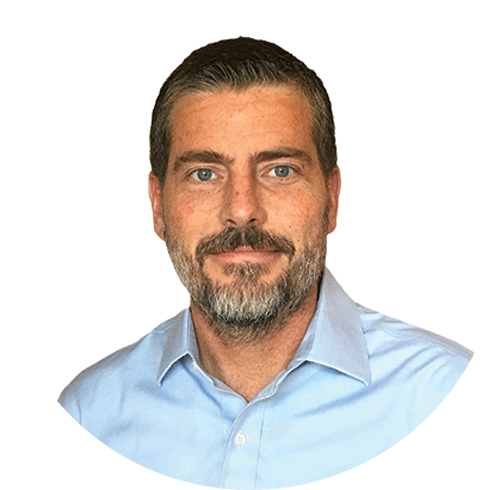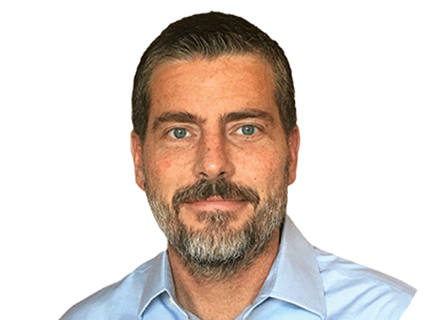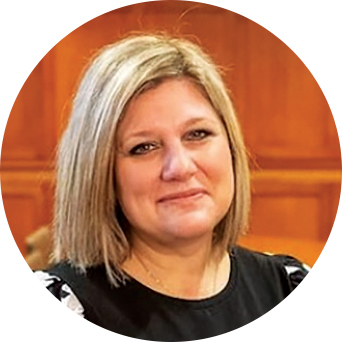I’m pleased to feature five research papers written by our faculty and recently published in top-tier academic journals:
John Busenbark, Mary Jo and Richard M. Kovacevich Associate Professor of Management & Organization
Director Departure Following Political Ideology (In)congruence With an Incoming CEO (Strategic Management Journal)
Political ideologies are vital in how people craft their networks, as individuals prefer to associate with others who share their views and can possess a visceral aversion to others who do not. The researchers theorize and find that board directors with a congruent political ideology to an incoming CEO are apt to remain on the board but they are even likelier to depart their positions when they have an incongruent political persuasion with the CEO.
Zhi Da, Howard J. and Geraldine F. Korth Professor of Finance
The Information in Industry-Neutral Self-Financed Trades (Journal of Financial and Quantitative Analysis)
The research identifies Industry-Neutral Self-Financed Informed Trading (INSFIT) as stock trades financed by offsetting, equivalent dollar-denominated stock trades in the same industry. Approximately 37% of short-term mutual fund trading profits can be attributed to these trade pairs. Consistent with informed trading, INSFIT precedes unusually high media coverage for the underlying stocks. Both relative valuation and the hedging of industry exposure motivate INSFIT’s industry neutrality.
John Donovan, Gerspach Family Associate Professor of Accountancy
Pay for Prudence (Journal of Accounting and Economics)
The study provides evidence that prudential principles shape bankers' executive compensation (“pay for prudence” or “PfP”). The researchers conjecture that PfP incentivizes bankers to balance shareholders' preference for risk with regulators' preference for prudence. They find that PfP is positively associated with equity incentives for risk-taking but also associated with lower tail risk, fewer bad loans, and lower likelihood of regulatory downgrades. The results shed light on a new dimension of bankers' pay and suggest that PfP complements widely studied incentives for risk-taking.
Frank Germann, Viola D. Hank Associate Professor
Breaking the Glass Ceiling: Empowering Female Entrepreneurs through Female Mentors (Marketing Science)
Governmental and nongovernmental organizations invest billions of dollars every year providing training programs to emerging market entrepreneurs. Many of these programs involve providing entrepreneurs with mentors. Unfortunately, the effects of these programs are often muted, or even null, for woman-owned firms. Against this backdrop, the researchers tested whether gender matching, where female entrepreneurs are randomly paired with a female mentor, could help address the gender gap. Findings from a randomized controlled field experiment with 930 Ugandan entrepreneurs show that firm sales and profits of female entrepreneurs guided by a female mentor increased by, on average, 32% and 31% compared with the control group. In contrast, female entrepreneurs guided by a male mentor did not significantly improve their performance.
Alfonso Pedraza-Martinez, Greg and Patty Fox Collegiate Professor of IT, Analytics, and Operations
Improving Drinking Water Access and Equity in Rural Sub-Saharan Africa (Production and Operations Management)
Worldwide, more than 771 million people — many in Sub-Saharan Africa (SSA) — lack access to clean drinking water. Using optimization, the researchers investigate where to build new water wells to reduce users’ distance to water in SSA. They model construction costs, community collaboration and groundwater distribution. The study shows that community collaboration expands the feasible space for the location of water projects, improving distance to water and social equity.
Thanks to John B., Zhi, John D., Frank and Alfonso for their contributions to advancing research.
In Notre Dame,
Martijn





